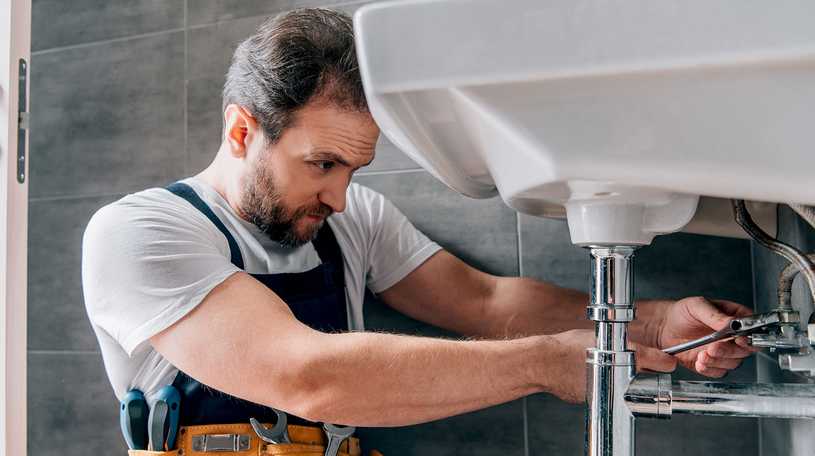Importance of Using Licensed Practitioners for Property Maintenance

Importance of Using Licensed Practitioners for Property Maintenance
When carrying out maintenance or renovations, it’s crucial to engage licensed practitioners to ensure work is done correctly, adheres to safety standards, and meets legal requirements. According to Tenancy Services, hiring unlicensed tradespeople can lead to non-compliance, insurance issues, and costly repairs if work needs to be redone. It can also leave landlords in breach of their legal obligations.
Tips for Checking Licensed Practitioners
- Verify Credentials: Always ask to see the professional ID card of the practitioner to confirm their qualifications and competence.
- Licensed Building Practitioners (LBPs):
- If you’re planning building work, an LBP will assess whether the work involves Restricted Building Work (RBW)—work critical to the home's structural integrity and weather tightness. As noted by Harcourts, RBW must be designed and supervised or completed by an LBP to meet legal requirements.
- Electrical Workers:
- Landlords are prohibited from performing fixed wiring work (e.g., installing power points). Licensed electricians must be used to ensure safety and compliance, as outlined by Tenancy Services.
- Plumbers, Gasfitters, and Drainlayers:
- Only registered and licensed practitioners can legally carry out plumbing, gas fitting, and drain laying. Engaging unlicensed workers can void insurance and increase safety risks, as emphasized by Harcourts
Why Work with Licensed Tradespeople
Harcourt's Patras and Co property managers collaborate with skilled and licensed tradespeople to ensure all repairs and maintenance are performed to the highest standards. According to their guidelines, trusted relationships with these professionals provide property owners with quality workmanship at competitive pricing, minimizing risks and ensuring legal compliance.
For more details, visit Tenancy Services.